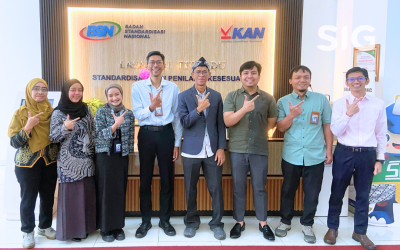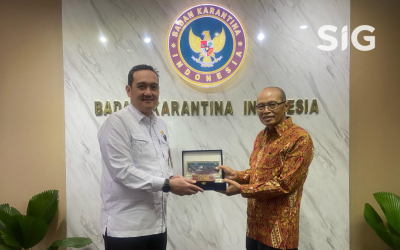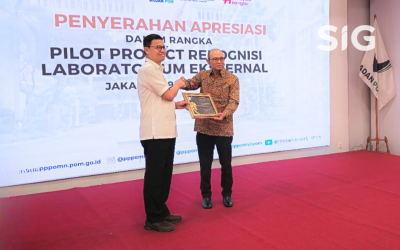Subchronic Toxicity
Toxicity tests on pesticide products are carried out to test for specific adverse effects or endpoints, for example, mortality, cancer, teratogenicity, irritation, etc., on certain target species. Furthermore, toxicity testing helps determine the effective dosage for practical application of the pesticide. In addition, the results of toxicity tests are generally required as supporting data for registration of pesticide products before trading for safety purposes.
In Indonesia, toxicity testing is one of the technical requirements in the registration of pesticide products. This is regulated in the Regulation of the Minister of Agriculture. In this regulation, the toxicity test is divided into three based on the duration of the study, namely the acute toxicity test (±24 hours), subchronic (3 months), and chronic (2 years). Also divided into two based on the study target, namely mammalian toxicity (using rodents as animal models) and the environment (soil and aquatic). However, the need for toxicity testing varies depending on the type of pesticide product proposed.
The subchronic toxicity test referred to in the regulation of pesticide requirements above examines adverse effects, such as carcinogenic, teratogenic, and/or mutagenic, of the product’s active ingredients on model animals after repeated exposure for three months.
How SIG can help
The SIG laboratory can conduct toxicity tests on pesticide product matrices following the provisions stipulated in the regulations as an accredited toxicity testing agency.
Method of Analysis
The toxicity test method refers to the standard method stipulated by the Director-General on behalf of the Minister of Agriculture.
Library of Knowledge
Fulfill BSN KAN Invitation: SIG Ready to Collaborate to Enhance Laboratory Role Education in the Community
Jakarta, March 27, 2025 – On this occasion, SIG responded to the invitation from BSN KAN to have a direct audience with Dr. Agustinus Praba Drijarkara, Director of Laboratory Accreditation, and his team. SIG was represented by Mr. Adi Mulyadi, QA Manager, and Mr....
Explained the Capabilities and Capacity of the Lab, SIG Ready to Support the Needs of the Indonesian Quarantine Agency
Jakarta, March 20, 2025 – It is an honor for SIG to be directly received by Mr. Shahandra Hanitiyo, S.IP, M.Si., Secretary of the Indonesian Quarantine Agency, and his team. The visit, led by the President Director of SIG, Dr. M. Edi Premono, aimed to present and...
SIG Receives “Good” Rating in the BPOM External Laboratory Recognition Pilot Project
Bogor, March 19, 2025 – It is an honor for SIG to accept the invitation from the Head of BPOM, Prof. Taruna Ikrar M.Biomed PhD, for the presentation of the certificate of the BPOM External Laboratory Recognition Pilot Project for testing laboratories. SIG successfully...
SIG Laboratory
Graha SIG, Jl Rasamala No. 20, Taman Yasmin, Bogor, Jawa Barat 16113.
Phone. +62 251 7532 348
WhatsApp. +62 82 111 516 516
Email. marketing@siglaboratory.co.id
SIG Jakarta
Jl. Percetakan Negara No. 52 B RT 006 / RW 001, Rawasari, Cempaka Putih, Jakarta Pusat 10570.
Phone. +62 21 2147 9292
SIG Medan
Jl. Bunga Asoka, Ruko Komp. Asoka Raya Residance No. 1, Medan Selayang, Sumatera Utara 20133,
WhatsApp. +62 822 7207 9665
Email. salesmedan.sig@saraswanti.com
SIG Semarang
Jl. Kanfer Raya Blok R No. 4 Pedalangan, Kec. Banyumanik, Kota Semarang, Jawa Tengah 50268.
Phone. +62 24 7004 0541
WhatsApp. +62 812 9000 5165
Email. cs.sigsmg@saraswanti.com
SIG Yogyakarta
WhatsApp. +62 896 4856 9422
Email. arifin.sig@saraswanti.com
Operational Hours
Monday to Friday
08.00 - 17.00 WIB.


FOLLOW US



